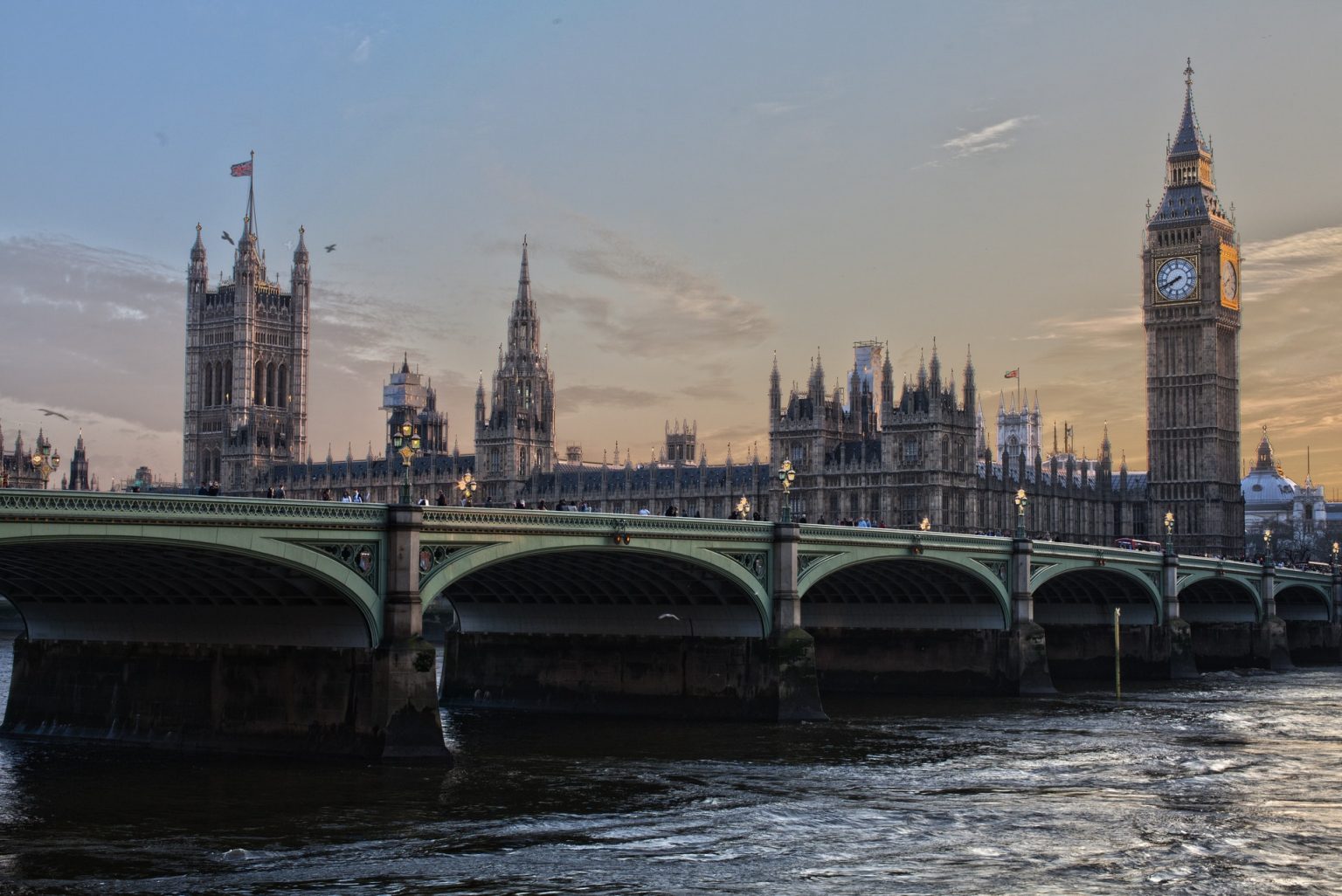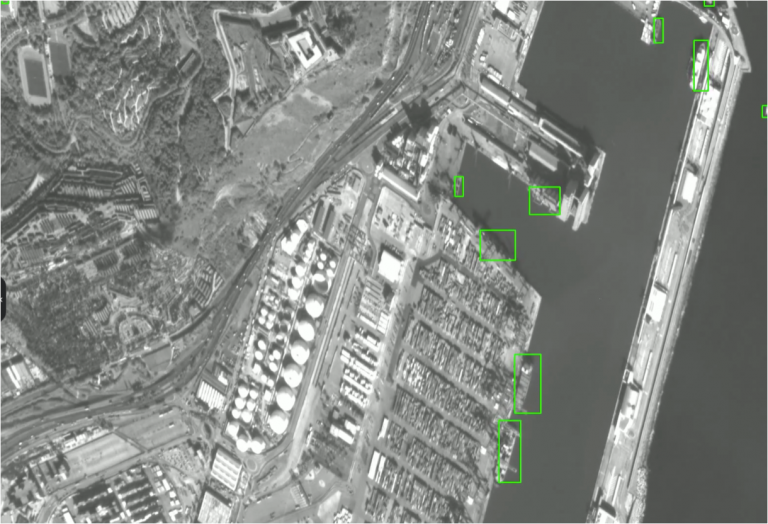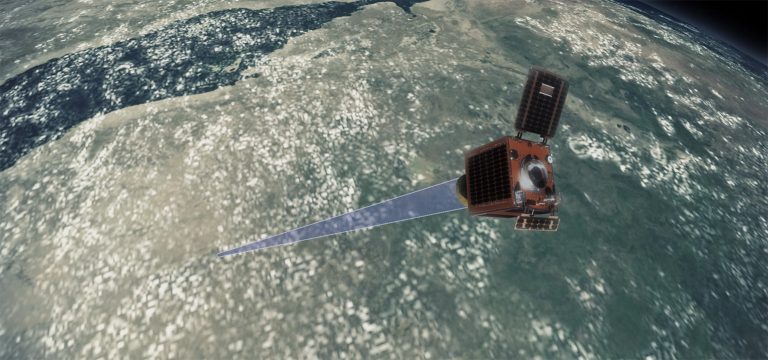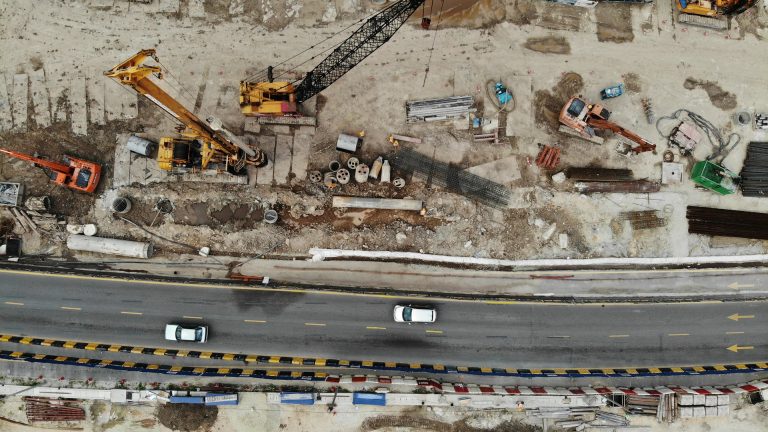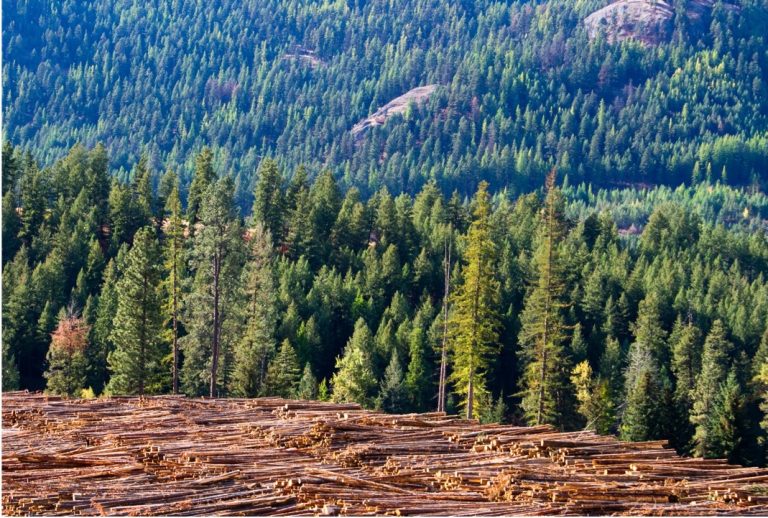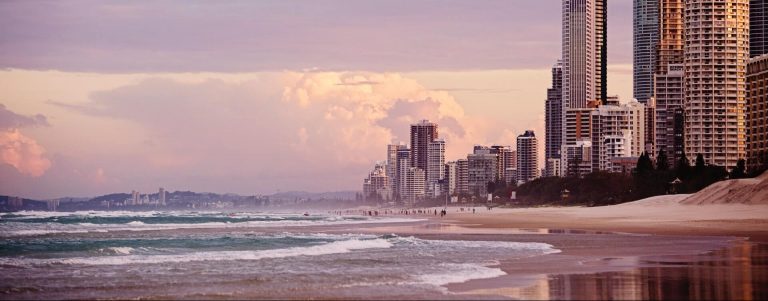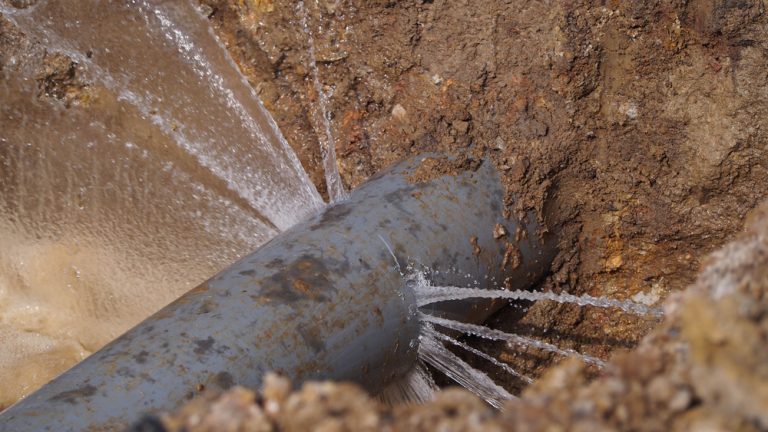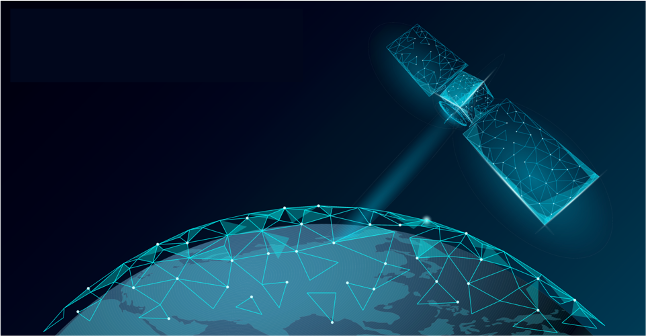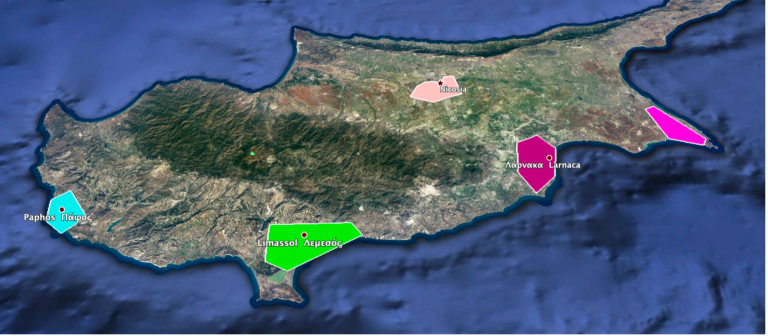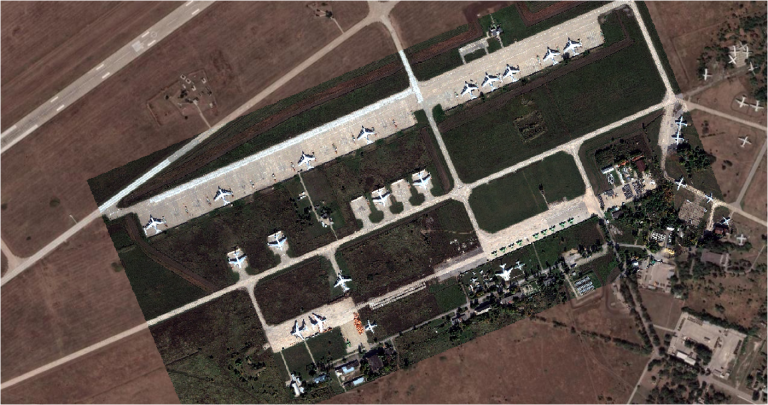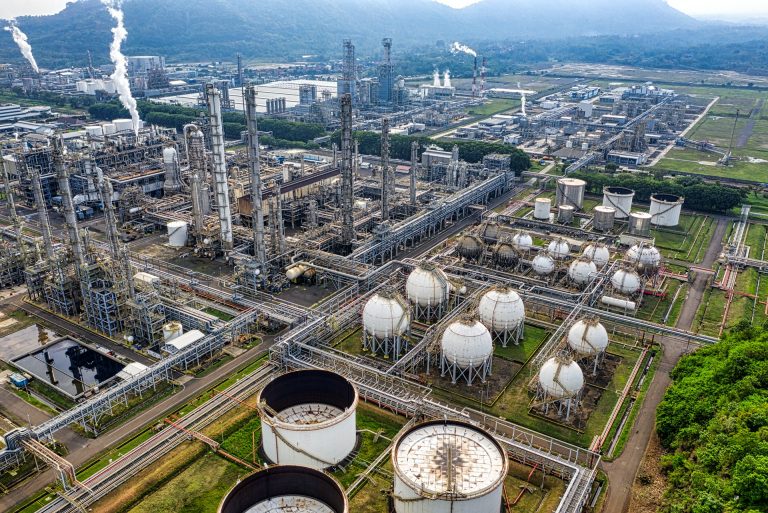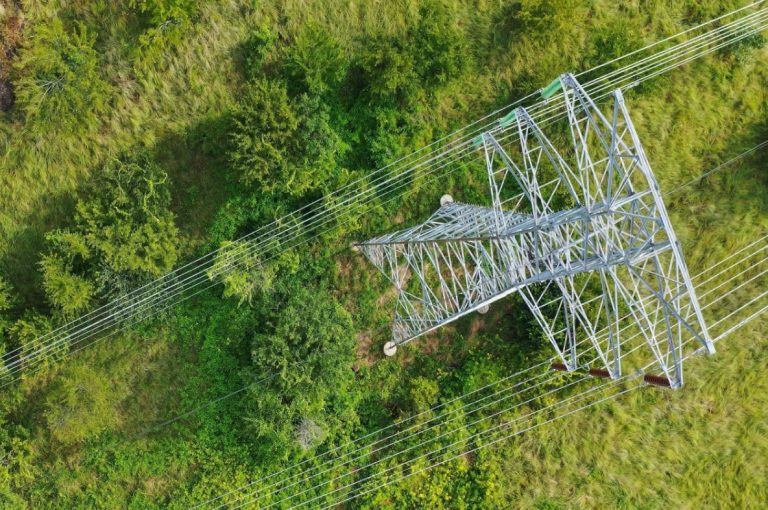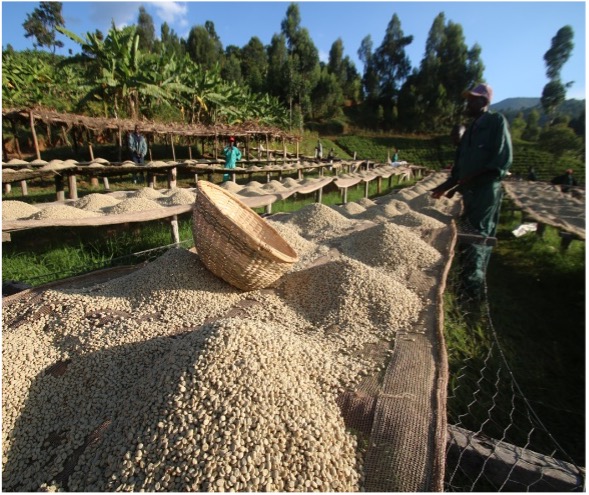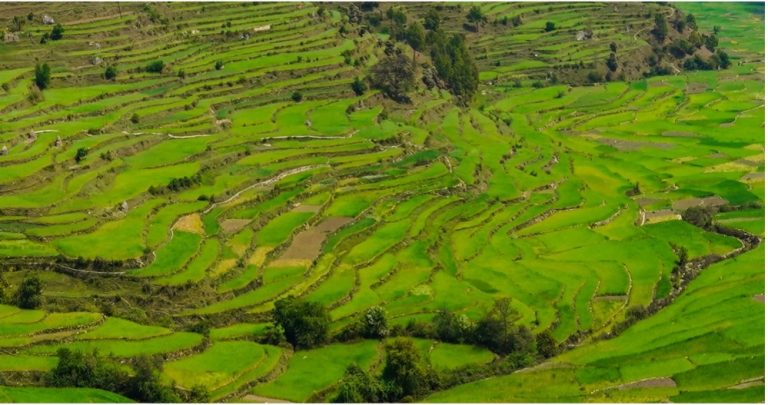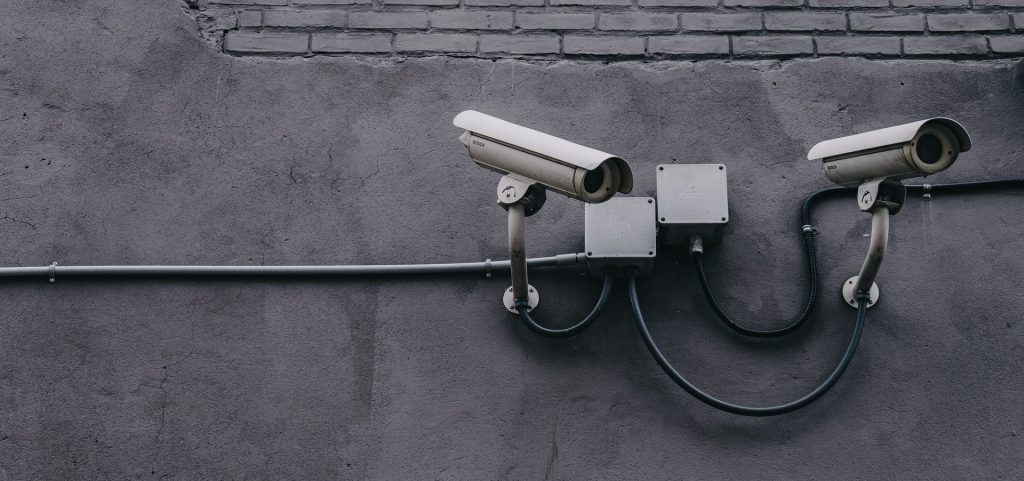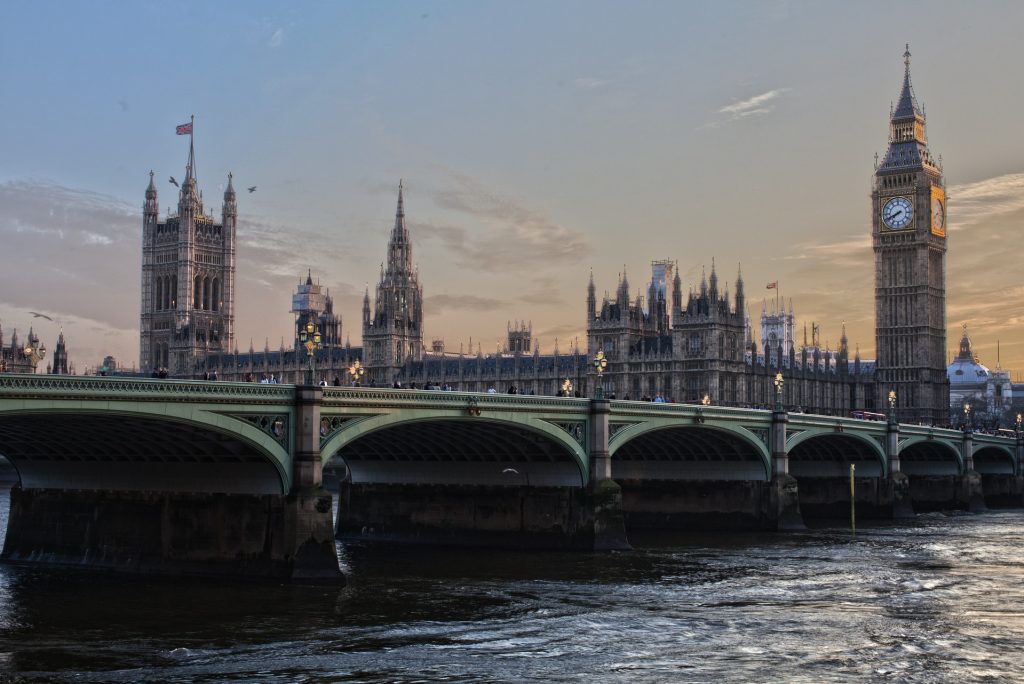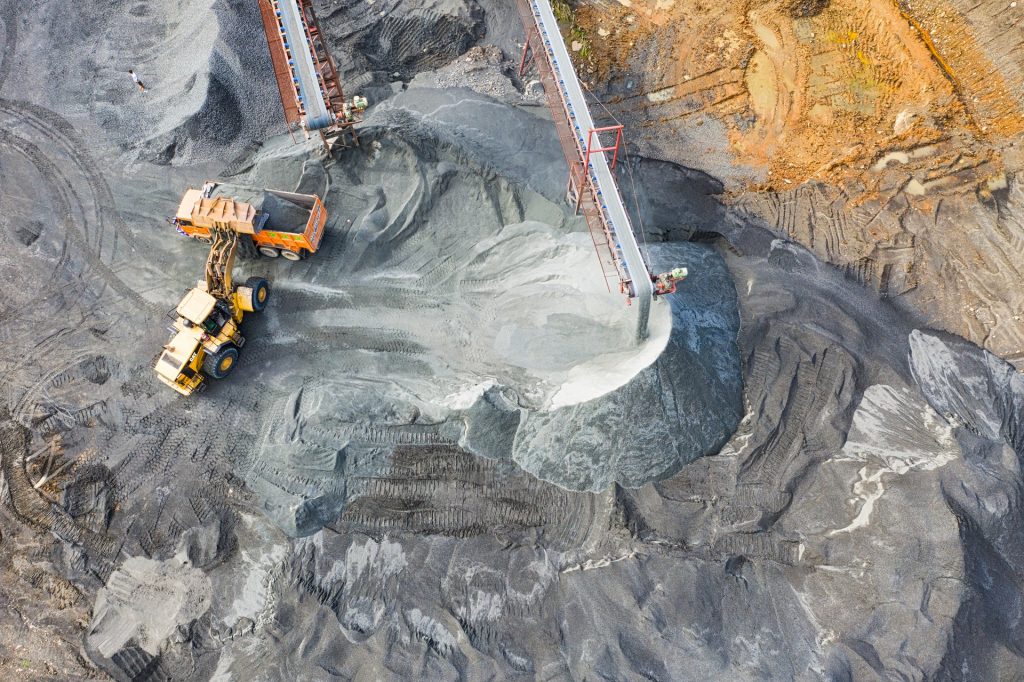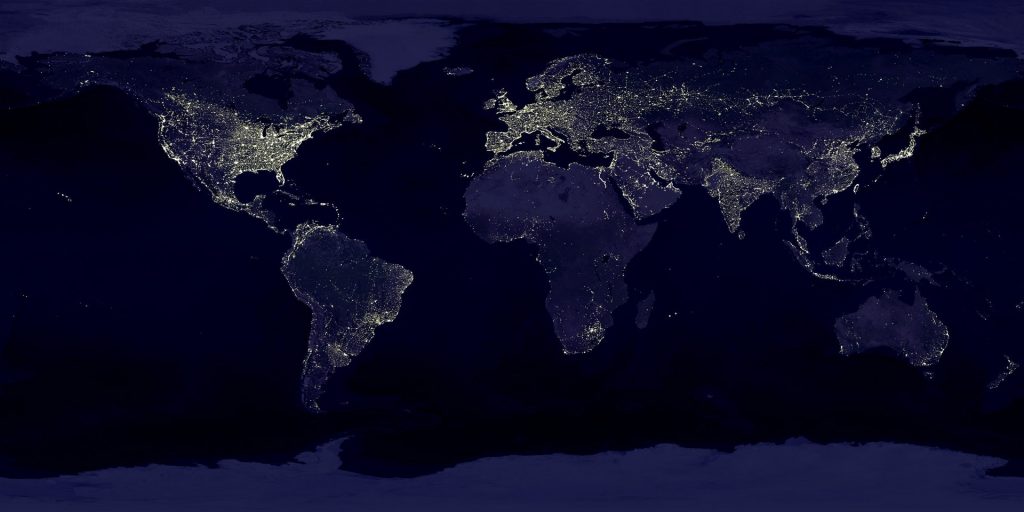Civil & Local Government Planning
Effective government requires good data at national and local levels. But just amassing data on people, populations, urban and rural geography, and the vast array of human activity is both not enough and too much.
Satellite data can help make sense of big data from a wide range of sources. Mapping and monitoring human activity from satellites, in cities or in more sparsely populated areas, assists governments and local authorities to make sense of multiple sources of data on population impact, land management and carbon management.
Earth-i provides geospatial intelligence to enable accurate mapping of populations and activity in all environments, providing highly valuable information to support a range of applications from carbon footprint analysis to the interpretation of satellite imagery for law enforcement. Satellites can monitor and measure the impact of human activity in any area of interest, generating location data that when fused with other data sources using AI and machine learning, supports more effective government decision-making for safer, thriving communities.
Sample Applications:
• Urban and rural planning and community management
• Cadastral survey, registration and verification
• Infrastructure monitoring, land management, planning and mitigation
• Population tracking and GDP measurement
• Law enforcement and illegal activity monitoring
How can Earth Observation improve urban monitoring?
Understanding how a city works now and how it will work better in the future, relies upon the informed decisions taken by urban planning staff throughout governments; both local and nationwide. Satellite imagery provides information about the built environment that would take an unrealistic amount of time to collect on the ground. Since that imagery is correct at the time it was taken, any and all changes with the next image can be readily extracted.
How can Earth Observation help the emergency services?
Fire and rescue, and police services can provide more effective services if they have accurate and regularly updated information of the urban or rural environments in which they operate. For example, reaching victims of trauma within the ‘golden hour’ is critical to improving the outcome of their treatment. For the fire service, knowing exactly the layout and usage of buildings at the site of a fire can help save lives and property. Pre-planning routes, understanding the location of emergency assets and having a deep understanding of the incident site will all contribute to lowering the response times, deploying the most appropriate capabilities and improving the chances of those involved.
Could other government departments benefit from using satellite imagery?
Since nearly every government department will have a spatial component to their area of responsibility, all of them will benefit from the use of satellite imagery. Historically, imagery has been used extensively within the Defence and Planning departments, but more emphasis on the efficient use of resources means that environmental monitoring, land management and threat detection are all growing applications of satellite imagery within government organisations.

